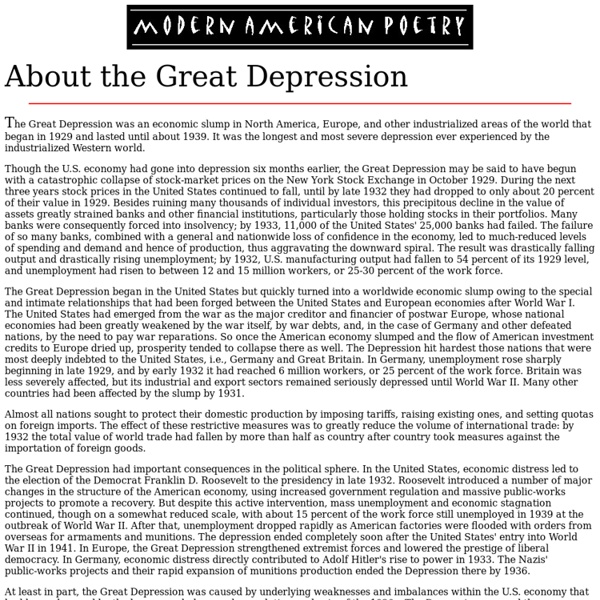Poetic Techniques revision
To Kill a Mockingbird: Important Quotations Explained
Maycomb was an old town, but it was a tired old town when I first knew it. In rainy weather the streets turned to red slop . . . [s]omehow it was hotter then . . . bony mules hitched to Hoover carts flicked flies in the sweltering shade of the live oaks on the square. Men’s stiff collars wilted by nine in the morning. Ladies bathed before noon, after their three-o’clock naps, and by nightfall were like soft teacakes with frostings of sweat and sweet talcum. . . . This quotation, from Chapter 1, is Scout’s introductory description of Maycomb. “We have nothing to fear but fear itself” is the most famous line from Franklin Delano Roosevelt’s first inaugural speech, made after the 1932 presidential election. You never really understand a person until you consider things from his point of view . . . until you climb into his skin and walk around in it. “Remember it’s a sin to kill a mockingbird.” A boy trudged down the sidewalk dragging a fishing pole behind him.
Great Depression - A Short History of the Great Depression
Historical Importance of the Great Depression: The Great Depression, an immense tragedy that placed millions of Americans out of work, was the beginning of government involvement in the economy and in society as a whole. Dates: 1929 -- early 1940s Overview of the Great Depression: The Stock Market Crash After nearly a decade of optimism and prosperity, the United States was thrown into despair on Black Tuesday, October 29, 1929, the day the stock market crashed and the official beginning of the Great Depression. And yet, the Stock Market Crash was just the beginning. Businesses and industry were also affected. The Dust Bowl In previous depressions, farmers were usually safe from the severe effects of a depression because they could at least feed themselves. Years and years of overgrazing combined with the effects of a drought caused the grass to disappear. Small farmers were hit especially hard. Riding the Rails Roosevelt and the New Deal The End of the Great Depression
To Kill A Mockingbird: DETAILED CHARACTER ANALYSIS by Harper Lee
Free Study Guide: To Kill A Mockingbird by Harper Lee - Free BookNotes Previous Page | Table of Contents | Next Page Downloadable / Printable Version Aunt Alexandra Aunt Alexandra is Atticus’ sister, who used to stay at the ancestral Finch landing before she arrives at Atticus’ house to stay. Aunt Alexandra, initially comes across as a cold, unfeeling and an unloving person. But even Aunt Alexandra comes down from her presumptuous pedestal by the end of the novel. Boo Radley Arthur Radley, called Boo by the children, is an enigma in himself. Though having gained the reputation of a lunatic, Boo is basically a harmless, well-meaning person; childlike in behavior sometimes, and as Jem and Scout realize, hankering for some love and affection. When Boo emerges from the house to rescue Jem and Scout, and is finally introduced to the children, it can be seen that due to his long confinement, his health has weakened and he is unable to even stand the harsh living room lights. Bob Ewell
Sample essays - Child's perspective, women etc..
BBC Bitesize - GCSE English Literature - Sample exam question (Wales) - Revis...
The Great Depression
America`s future appeared to shine brightly for most Americans when Herbert Hoover was inaugurated president in 1929. His personal qualifications and penchant for efficient planning made Hoover appear to be the right man to head the executive branch. However, the seeds of a great depression had been planted in an era of prosperity that was unevenly distributed. The Hoover term was just months old when the nation sustained the most ruinous business collapse in its history. Previous to the 1929 collapse, business had begun to falter. Hoover`s administration made a bad mistake when Congress, caving in to special interests, passed the Smoot-Hawley Tariff Act in 1930. Meanwhile, the president and business leaders tried to convince the citizenry that recovery from the Great Depression was imminent, but the nation`s economic health steadily worsened. A thirst for change The electorate clamored for changes. Significant legislation: Progress was made on the labor front: War looms
How to improve your grade - hints and tips



